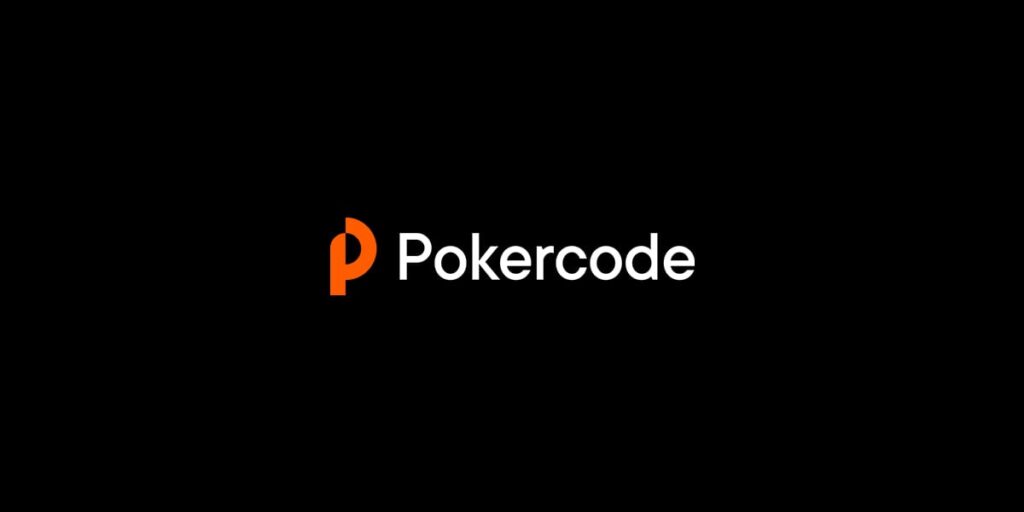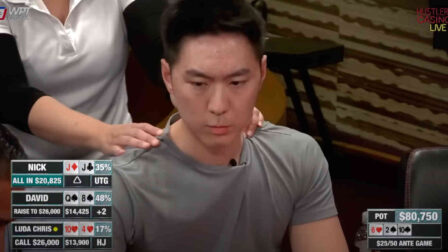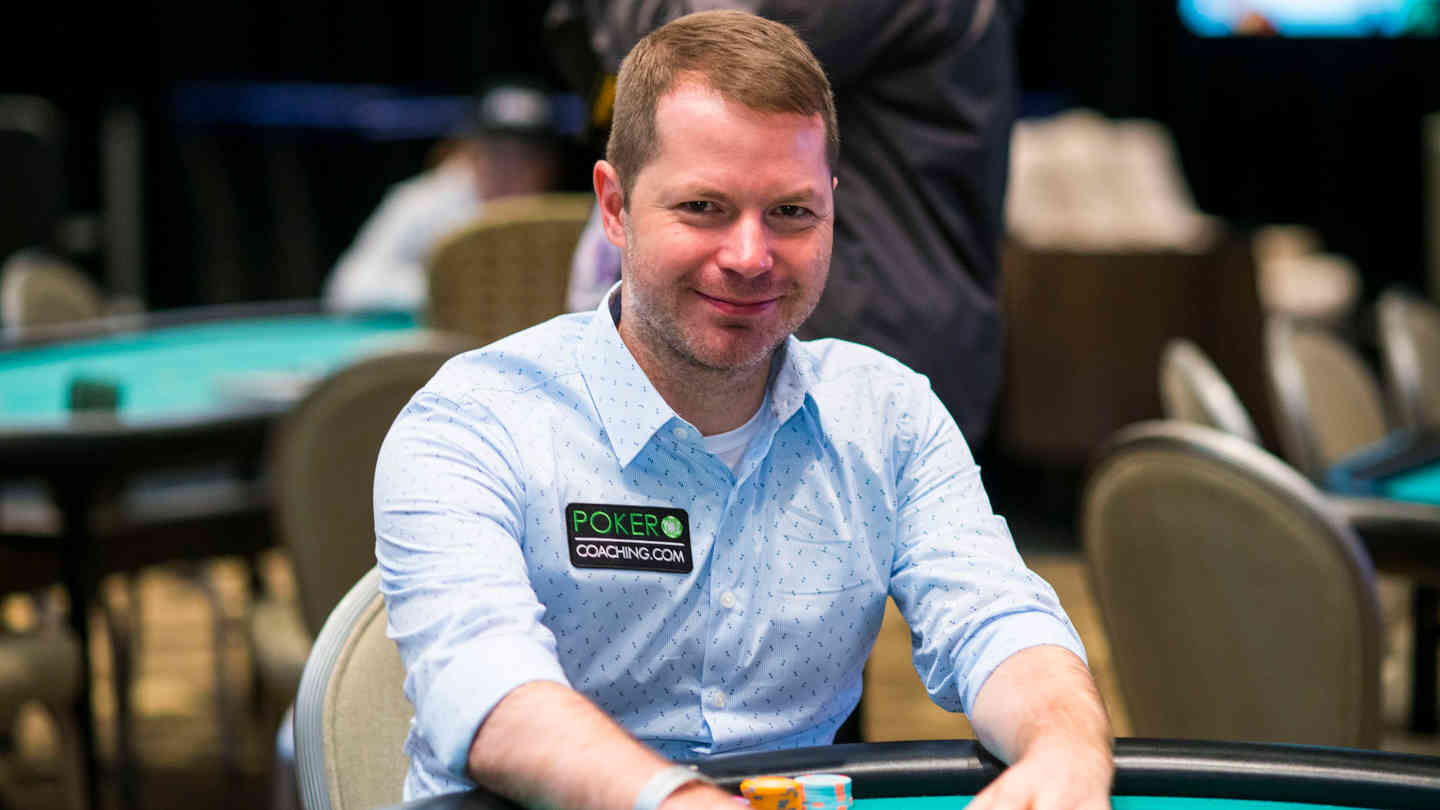Why ICM Isn’t Perfect – Expert Tips by Fedor Holz

2 minutes
Last Updated: November 5, 2023
If you want to become a top player in your games, make sure to learn from the best and check pokercode.com
…
While it is very important for any tournament player to learn about ICM, it is also crucial to understand that this concept isn’t perfect.
The Independent Chip Model, or ICM, as we mostly know it, is a mathematical formula that looks into things such as stack sizes and payout structure.
As valuable as it is, ICM doesn’t account for poker-relevant factors, such as:
- The future game
- Skill
- Playing styles
- Position
In this article, I’ll try to briefly address these aspects and how you should include them in your poker game plan in addition to any ICM considerations for the best results.
How to Account for Non-ICM Factors in Tournaments
The future game is the first factor not covered by ICM. For example, gaining a chip lead in a tournament has a certain value that’s not clearly represented here.
It will allow you to put a lot of pressure on shorter stacks, and it could be worth the risks you take before to try and build the stack.
Somewhat connected to the previous aspect is skill. ICM calculations assume that all players are equally skilled, but this is rarely the case in practice. There are more skilled and less skilled players on every final table.
It might be worth taking additional risks to try and eliminate stronger players.
By the same token, when you have a big stack, it could be beneficial for you to keep weaker players in the game.
ICM also calculates things based on the assumption that everyone plays the same style, and it doesn’t consider differences in playing style whatsoever.
An example of non-ICM adjustments would be tightening up when playing on a very aggressive table. Similarly, if other players are predominantly tight, it pays to be more aggressive and attack, as sitting around and waiting for the next pay jump won’t work.

So, try to pay attention to how your opponents are playing and use that information to make necessary adjustments.
Finally, there is your position at the table relevant to other players. If you have a big stack to your direct left, this is not a very favorable position. While ICM has nothing to say on this topic, taking some additional risks could be warranted to try and escape that particular situation.
This is something you should also consider when making a deal. If you’re about to enter deal negotiations, it’s always better to be on the button than in the big blind.
ICM Is Vital – But Not Perfect
The crucial takeaway from all this is that ICM is very important, and you need to understand the logic behind it to thrive as a tournament player.
However, like so many other strategic aspects of the game, it’s not perfect. As good as it is, this model doesn’t address all the different poker aspects and things that can happen at the table.
You can’t afford not to understand and use ICM in your game, as it is a very good approximation that will give you a great foundation. But once you understand the underlying theory, you need to apply logic and adjust the concept to the situation at hand.
This will give you a big advantage not only over the opponents who don’t understand ICM but also over those who try to apply its principles too rigidly without thinking about these other aspects.



















